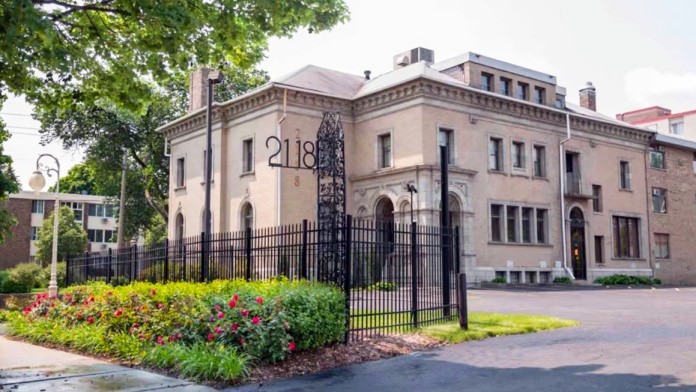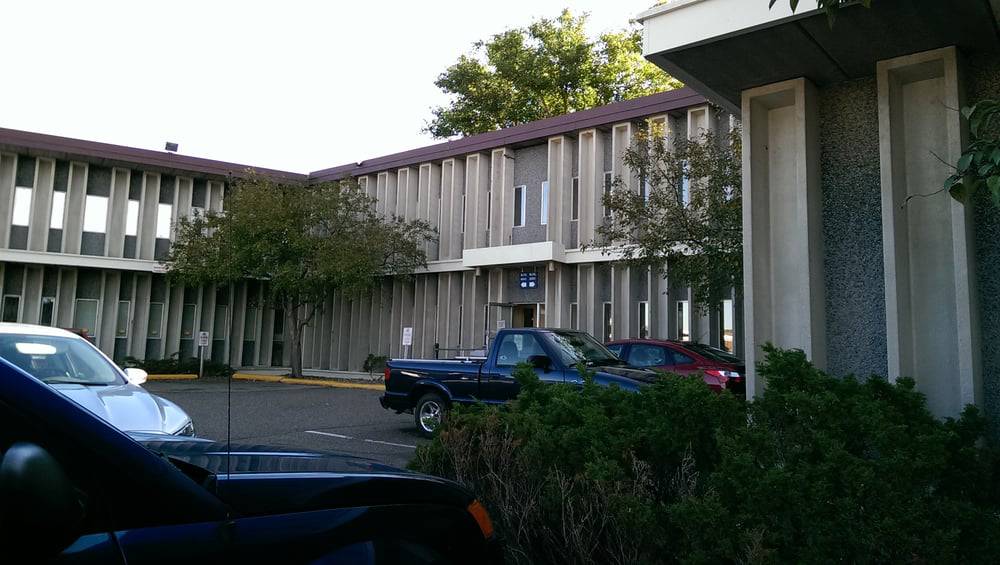About Mercy Hospital – Unity Campus
Allina Health – Unity Hospital underwent a structural makeover and is now called Mercy Hospital–Unity Campus. These two centers merged in 2017. They’re located on Osborne Road NE in Fridley, Minnesota. They offer behavioral health services for co-occurring mental health issues and substance use disorder treatment. They are located in a hospital-campus setting, with access to Highway 65 NE, grocery stores and restaurants and ample onsite parking. The center is near Locke County Park, the Mississippi River and the Springbrook Nature Center.
Medical Assessments for Co-Occuring Disorder Treatment
When you arrive at Mercy Hospital, the staff can assess your co-occurring disorder, to determine whether or not you need stabilization services. These are offered through overnight, inpatient care and typically last up to 48 hours.
Stabilization Care with Medication Assisted Treatment
The team can offer MAT if you are experiencing alcohol or opioid withdrawal symptoms. Medication may assist in keeping your cravings and symptoms at bay, while you undergo detoxification. They will also assist in providing medication if you require it to stabilize your mental health conditions, ranging from depression to sleep disorders, in conjunction with drug use.
Flexible Group and individual Therapy Sessions
Prior to discharge, their counseling team can assist in creating an individualized plan for continued treatment. They offer one-on-one counseling sessions with a licensed social work and drug and alcohol counselor, to ensure they are treating all of your conditions simultaneously. They also offer group sessions in a peer-supported setting.
I find it good to know that their program typically lasts between 12-15 weeks. Attendance is required in order to successfully complete their program which meets regularly, less than 10 hours per week. I like that they also provide aftercare planning support and referrals to additional community resources that may assist in your lasting recovery.
Latest Reviews
Rehab Score
Gallery
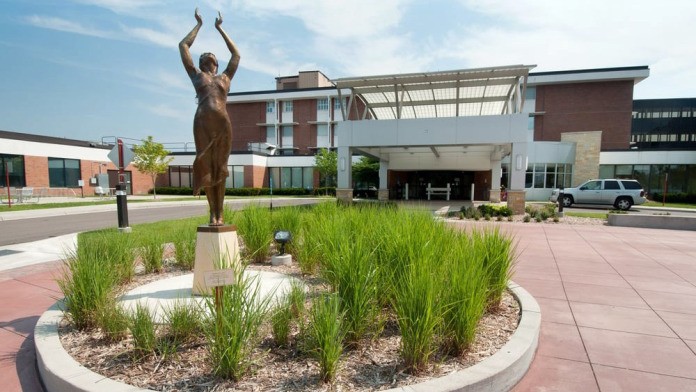
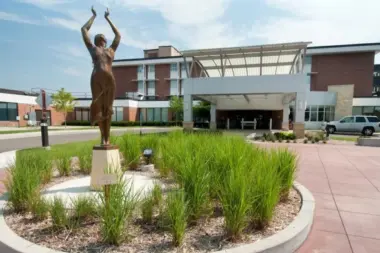
Accepted Insurance








Other Forms of Payment
Medicaid is a state based program that helps lower-income individuals and families pay for healthcare. Medicaid covers addiction treatment so those enrolled can use their coverage to pay for rehab. When a program accepts Medicaid the client often pays very little or nothing out of their own pocket.
Medicare is a federal program that provides health insurance for those 65 and older. It also serves people under 65 with chronic and disabling health challenges. To use Medicare for addiction treatment you need to find a program that accepts Medicare and is in network with your plan. Out of pocket costs and preauthorization requirements vary, so always check with your provider.
Addiction Treatments
Levels of Care
Residential treatment programs are those that offer housing and meals in addition to substance abuse treatment. Rehab facilities that offer residential treatment allow patients to focus solely on recovery, in an environment totally separate from their lives. Some rehab centers specialize in short-term residential treatment (a few days to a week or two), while others solely provide treatment on a long-term basis (several weeks to months). Some offer both, and tailor treatment to the patient's individual requirements.
Treatments
Substance rehabs focus on helping individuals recover from substance abuse, including alcohol and drug addiction (both illegal and prescription drugs). They often include the opportunity to engage in both individual as well as group therapy.
Clinical Services
Group therapy is any therapeutic work that happens in a group (not one-on-one). There are a number of different group therapy modalities, including support groups, experiential therapy, psycho-education, and more. Group therapy involves treatment as well as processing interaction between group members.
In individual therapy, a patient meets one-on-one with a trained psychologist or counselor. Therapy is a pivotal part of effective substance abuse treatment, as it often covers root causes of addiction, including challenges faced by the patient in their social, family, and work/school life.
Staff
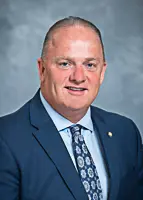
Michael Johnston
president
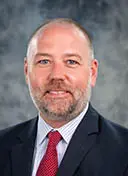
Jared Crotteau
VP of patient care

Colleen Holton
VP of finance
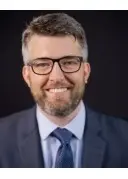
Jay MacGregor, MD
VP of medical affairs
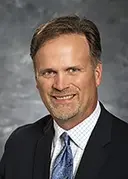
Jim McGlade
VP of human resources
Contact Information
550 Osborne R
Minneapolis, MN 55432








